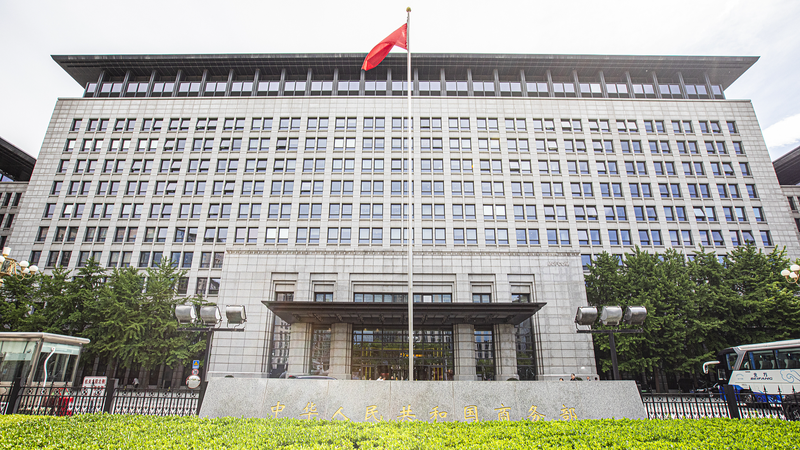In a recent statement, a spokesperson for the Ministry of Commerce in Beijing said the Chinese mainland’s position on the trade war and tariff conflict with the United States remains consistent. “We will stand firm if a fight is forced on us, and we are open to negotiation if approached,” the spokesperson said.
The comment came after the U.S. announced new tariff hikes and other restrictive measures against China. The spokesperson highlighted that both countries share extensive common interests and have “broad space for cooperation.” According to the spokesperson, cooperation benefits both sides, while confrontation hurts everyone.
Addressing concerns over rare earth exports, the spokesperson clarified that the Chinese mainland’s recent export control measures are part of a broader effort to refine its export control system. “These controls are not export bans,” the spokesperson said. Eligible applications for rare earth and related item exports will still receive licenses, ensuring global industrial and supply chain security and stability.
Rare earth elements play a key role in modern technologies, from smartphones to renewable energy systems, and any shift in supply can ripple through global markets. By emphasizing a licensing approach instead of outright bans, the Chinese mainland aims to balance national security interests with the needs of industries worldwide.
As tensions persist in the U.S.-China trade relationship, the latest statements underline a clear message: dialogue remains open, and both sides have much to gain from cooperation. For young global citizens, entrepreneurs, and thought leaders tracking this evolving story, the focus now turns to how negotiations will unfold and what new policies might shape the future of high-tech industries across the globe.
Reference(s):
cgtn.com




